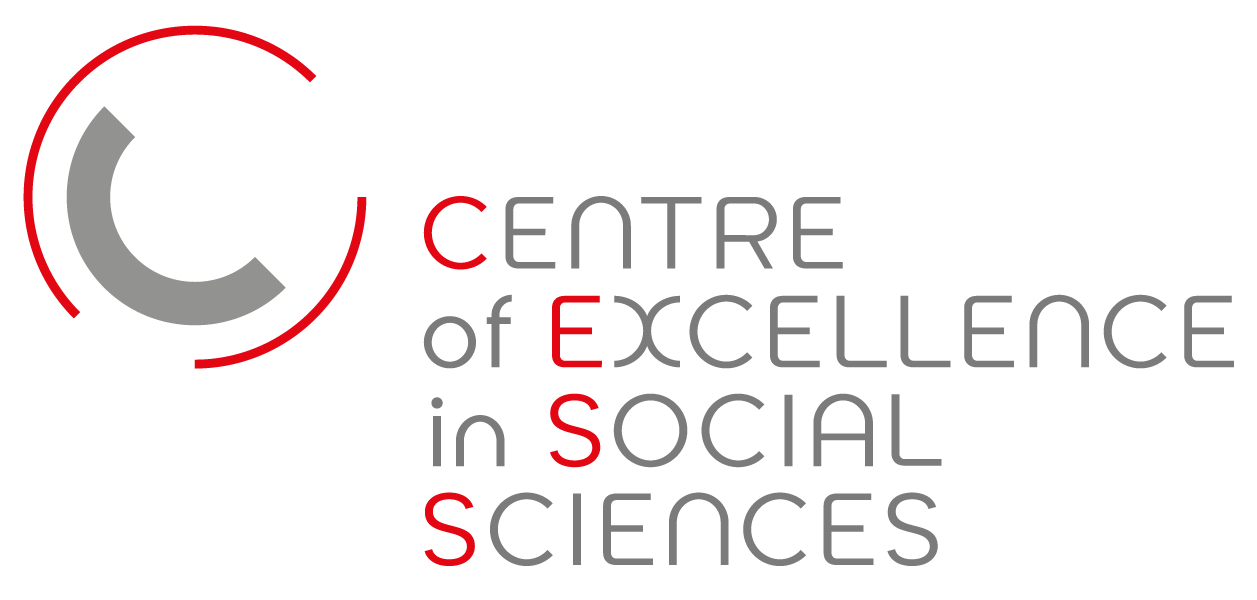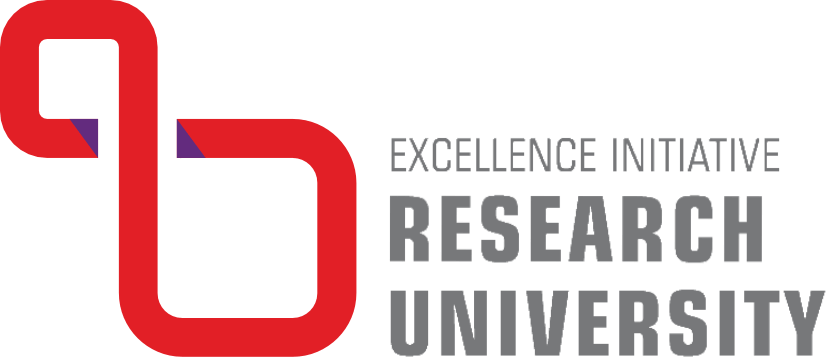ERC NEWSUSE
ERC Consolidator Grant 2023
Incentivizing Citizen Exposure to Quality News Online: Framework and Tools
NEWSUSE
Populism, polarisation, and wavering support for democratic norms are pressing threats to the EU. NEWSUSE seeks to explain and remedy these threats by bringing the problem of insufficient news consumption to the forefront. Rather than focusing on echo chambers, misinformation, or filter bubbles, I argue that very low news use among citizens is a drastically overlooked problem, which leads to voting misaligned with individual interests and susceptibility to manipulative, populist and misinformed rhetoric. Brexit and the 2016 US election are key examples. Because greater news exposure can make citizens more resilient to the various democratic threats, it is urgent to address the fundamental question: How to sustainably incentivize the use of quality news?
Toward this end, NEWSUSE advances a theoretically driven and applicable model that accounts for individual, algorithmic and social factors influencing news (non-)use and – therefore – also the approaches to promoting news intake. Building on this model, NEWSUSE designs validated computational tools to increase people’s consumption of quality news, pinpoints whether it is the citizens, social contexts, and/or recommender systems that need to be tweaked, and tests the democratic effects of increased news use across political contexts and social media platforms.
NEWSUSE relies on cutting-edge multidisciplinary methods, combining quantitative and qualitative, observational and over-time experimental designs and incorporating the latest advances in computer and computational social science, the first project to apply these innovative approaches conjointly and comparatively. NEWSUSE advances academic knowledge and its findings will be crucial for scholars across disciplines, (non-)governmental organizations, and policymakers working on algorithmic transparency. It is only when we know how different factors together prevent or enhance news exposure, will we be able to make citizens and democracies more resilient.
Research team
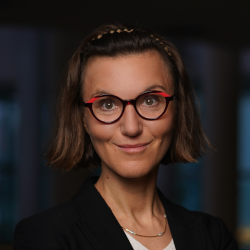
prof. Magdalena Wojcieszak
Magdalena Wojcieszak (Ph.D. U. of Pennsylvania) is a Professor of Communication at UC Davis, a Researcher at the U of Warsaw, Poland (PI ERC Consolidator NEWSUSE), an Affiliate Faculty in Computational Social Science, and a Member of the Graduate Group in Computer Science at UC Davis. Previously, she directed ERC Starting Grant EXPO at the U. of Amsterdam (2018-2023). Prof. Wojcieszak examines how people select (political) information online, the effects of digital media on extremity, polarization, and (mis)perceptions, and algorithmic interventions to increase recommendations to and consumption of verified political contents. She has (co-)authored ~90 articles (incl. Science, Nature, Science Advances, PNAS), is the Associate Editor of Political Communication, is part of the U.S. 2020 Facebook & Instagram Election Study and the Misinformation Committee at the Social Science One. She has received awards for her teaching and research (including being elected the Fellow of the International Communication Association).
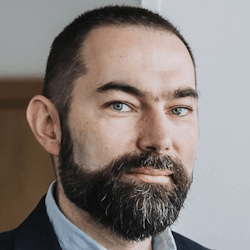
dr hab. Dominik Batorski
A sociologist and data scientist who combines academic work at the Interdisciplinary Centre for Mathematical and Computational Modelling (ICM) at the University of Warsaw with consulting, public outreach, and business activities. His academic research focuses on the social and economic transformations driven by the proliferation of information and communication technologies and the development of artificial intelligence. He teaches courses on computational social sciences, data science, and value creation based on data and AI at the University of Warsaw, as well as in postgraduate programs at Kozminski University and Warsaw University of Technology.
As an expert, he has repeatedly advised governmental and local administration units and has led the preparation of numerous analytical reports and expert opinions. Currently, he supports NASK-PIB in developing analytical solutions that will aid public administration in developing evidence-based public policies. He is a member of the Council of the Polish Economic Institute and the chair of the Council of the Public Opinion Research Center (CBOS).
He co-founded Sotrender, a company that develops analytical tools and machine learning solutions for social media marketing. He is an active leader in the data science and machine learning community—since 2014, he has organized the Data Science Warsaw meetups and chairs the Program Council of the Data Science Summit conferences.
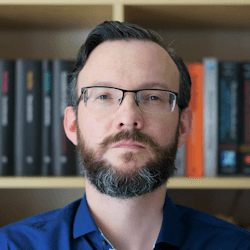
dr hab. Paweł Matuszewski
Pawel Matuszewski is a habilitated doctor of sociology and a university professor at Collegium Civitas.
His research focuses on identifying causal relationships between the level of action taken by individuals and social phenomena. He is particularly interested in the mechanisms of formation and spread of political beliefs and behaviours in cyberspace. His latest research focuses on politically-oriented conspiracy theories, as well as methods of countering the spread of false information through digital media.
Prof. Matuszewski is the author of the monograph “Cyberplemiona. Analiza zachowań użytkowników Facebooka w trakcie kampanii parlamentarnej (Cybertribes. An analysis of Facebook users’ behavior during the parliamentary campaign)” (2018, PWN Scientific Publishers), “Logika przekonań społecznych (The Logic of Social Beliefs)” (2017, UKSW), and dozens of articles on the sociology of politics, the sociology of the Internet, the sociology of public opinion, and social research methodology. He has participated in academic and commercial research projects, including those for consulting firms, research institutions, academic institutions, businesses, trade unions, and political parties.
Pawel Matuszewski is an active member of the Polish Sociological Society (Chairman of the Board of the Warsaw branch, 2018-2022) and the European Sociological Association.
Project support
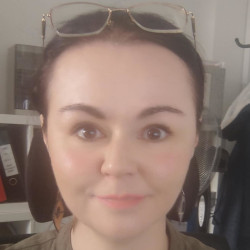
Justyna Towalewska
Justyna Towalewska has been supporting researchers and project managers in carrying out ambitious research, educational, and implementation initiatives for over a decade. Her expertise bridges two worlds: in-depth knowledge of labor law and research funding regulations, and the practical ability to translate them into the daily, efficient work of project teams.
She has been affiliated with the University of Warsaw since 2018. For several years, at the Bursar’s Office, she ensured that the salaries of hundreds of academic and administrative staff were processed on time and in compliance with the requirements of various funding sources. Since 2023, she has been working at the Centre of Migration Research (OBM), where she is responsible for budget planning, cost control, and financial reporting in projects funded, among others, by Horizon Europe, FERS, NCN, and the Ministry of Science and Higher Education.
Her daily work goes far beyond numbers in spreadsheets. It includes solving complex administrative challenges, ensuring compliance with funders’ requirements, and supporting teams in making financial decisions. This enables researchers to focus on their core work, with full confidence that the formal and financial framework is running seamlessly.
n the ERC Consolidator Grant project, she is responsible for budget planning and monitoring, staff cost control, settlements, and the preparation of financial documentation for the European Commission. She acts as a bridge between the world of science and administrative-financial requirements – always with the goal of best supporting the research objectives of the team.

Olga Wanicka
Olga Wanicka is a PhD candidate in Sociology at the Doctoral School of Social Sciences, University of Warsaw. She holds an MA in Criminology (University of Warsaw) and is a key investigator in the project Poland’s inclusion to the global network of job placement: The case of Overseas Filipino Workers, funded by the National Science Center, Poland. Her research focuses on Filipino migration networks in Poland, recruitment agencies and their role in the global network of job placement, as well as brokerage and its intersections with informality, migration, and crime. Additionally, she explores the dynamics of online job intermediation on social media platforms such as YouTube and Facebook. Recently, she was also involved in co-organising national and international conferences, workshops, and summer schools, including Europe and Mobilities: Challenges and Opportunities for Socio-Economic Transformations (EUROMOBI) conference.
